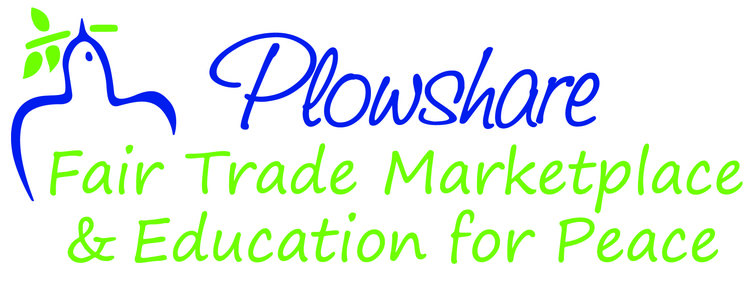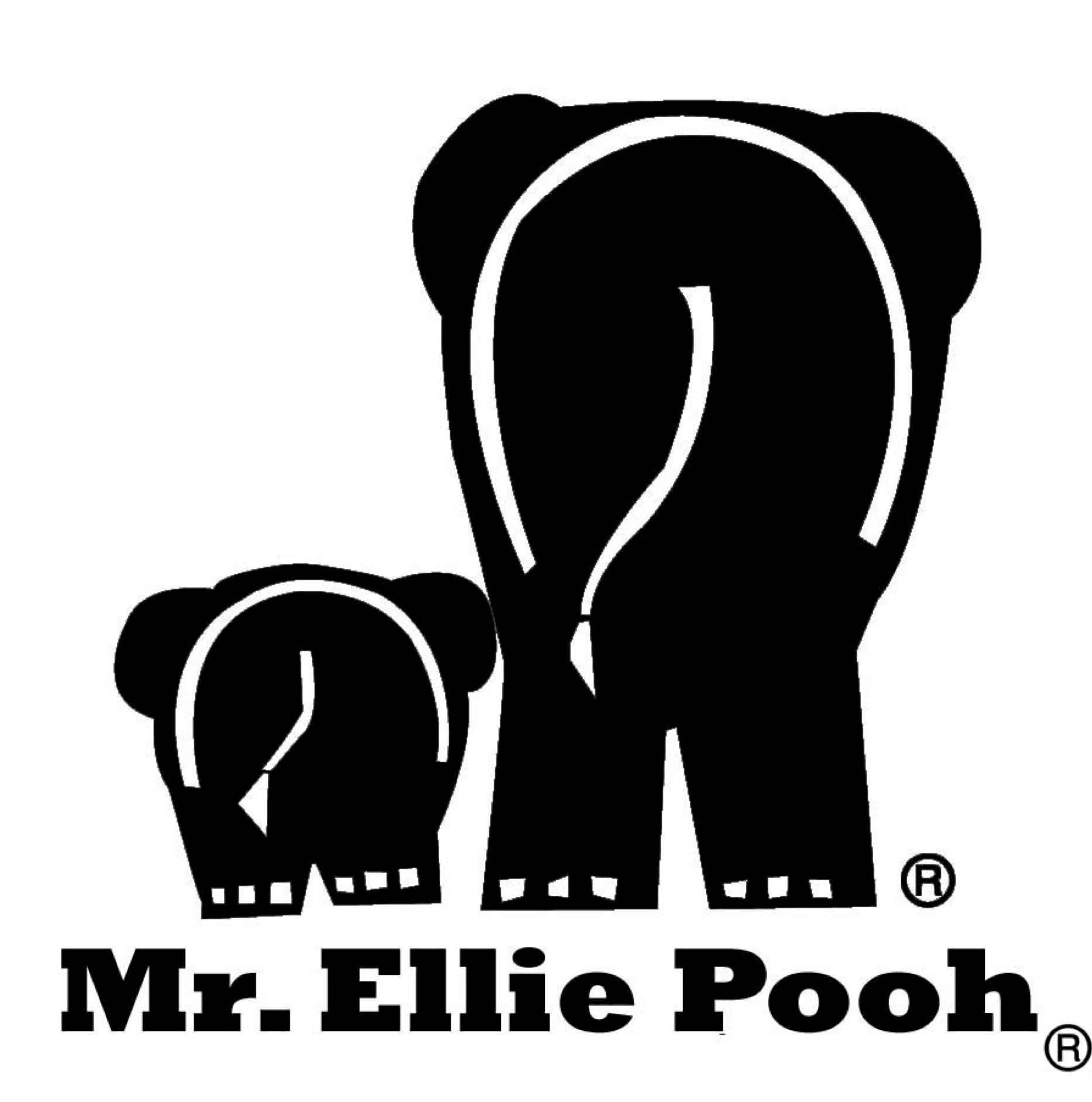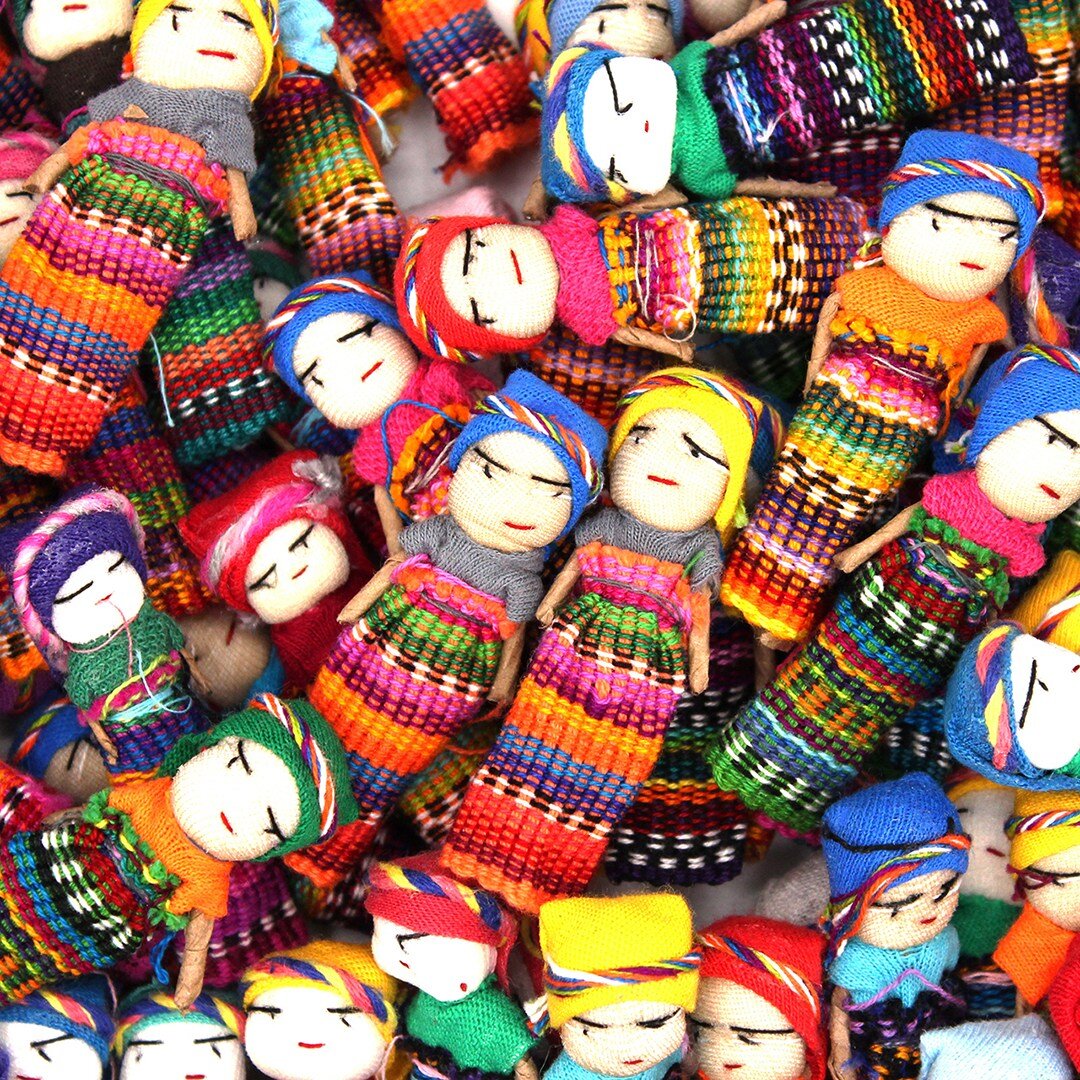Mr. Elllie Pooh Large Journals
Mr. Elllie Pooh Large Journals
**Sales Tax included in the listed price**
Become the scribe, the sketch artist, and the conservationist all in the stroke of a pen with these fun eco-friendly notebooks from Mr. Ellie Pooh. Each hardcover book is wire bound and elegantly adorned with beautiful wildlife art.
Our large, unlined notebooks have approximately 50 pages and measure 7.5" x 6". Write, sketch, and join the fight to save the elephants!
Why Sri Lanka?
Sri Lanka is home to about a tenth of the world’s total 40,000 Asian elephants in the wild. However, elephants in Sri Lanka are being killed at an alarming rate—not for their tusks, meat, or hides—but simply because they interfere with agriculture. In Sri Lanka, an estimated 4,000 elephants have been destroyed since 1950.
The elephant is running out of space in Sri Lanka. The protected areas are inadequate, less than 1000 sq. km (900 sq. miles). Moreover, elephants, especially the bulls, may range over hundreds of square kilometers in the course of a season. Unfortunately in farming communities, their sheer size and gargantuan appetite make them a threat to crops.
Although there are no easy solutions for resolving the human-elephant conflict in Sri Lanka, much depends on how humans who live there perceive the worth of the elephant. Defenders of wildlife are now convinced that the only way for elephants and humans to co-exist successfully in the same environment is through developing ways in which the elephant is proven to be a sustainable economic resource.
Elephant dung may be the answer
It is a commodity that is freely available. On average, an adult elephant produces about 180-200 kg (500 lbs.) per day. Since an elephant’s diet is all vegetarian, the waste produced is basically raw cellulose. Thoroughly cleaned and processed, the cellulose is converted into a uniquely beautiful textured product. This acid-free, linen-like paper, marketed as Ellie Pooh paper, is made into art projects, notebooks, cards, and other exotic gifts.
New uses are being found every day; the only limit is one’s imagination. Products made from Ellie Pooh paper are popular among the local population in Sri Lanka, as well as in several countries, including America.
Our Paper
All of our paper products are 100% recycled. They are made up of 30% fiber from elephant dung and 70% recycled paper. No trees or toxic chemicals are used in our paper making process. We only use all-natural vegetative binding agents, along with water-soluble salt dyes for coloring. Mr. Ellie Pooh’s papers are handmade, acid-free, and as organic as it gets!
The more paper we sell, the more jobs we create
Every purchase you make increases demand for our products, creating more opportunity for our workers. Every Mr. Ellie Pooh gift makes an impact — saving elephants, creating jobs, protecting trees.
Advantages our workers enjoy:
Most of our workers live local to the factory, and can conveniently walk to work
To earn extra income, artisans may take work home
Artisans have the freedom of expressing their creativity while earning an income
Our workers are proud that their products are sold in America and other countries around the world
Conservation through innovation
Compared to using virgin wood, paper made with 100% recycled content uses 44% less energy, produces 38% less greenhouse gas emissions, 41% less particulate emissions, 50% less wastewater, 49% less solid waste, and—of course—100% less forest destruction.
According to The State of the Paper Industry (2007) a report by the Environmental Paper Network:
50% of the world's forests have been cleared or burned, and 80% of what's left has been seriously degraded. If the United States cut office paper use by just 10% it would prevent the emission of 1.6 million tons of greenhouse gases — the equivalent of taking 280,000 cars off the road.
Conservation through education
This unique method of papermaking directly contributes to the local economy. We train villagers to make our paper and hire artisans to create our products. We educate them to live among (and respect) the elephant in an area where humans and elephants often conflict. In this way elephants can be viewed as an economic asset, rather than a liability.























